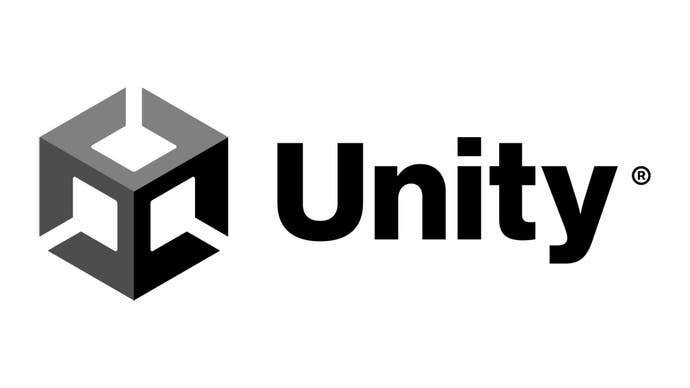Unity's controversial Runtime Fee policy was "rushed out", says report
"F*** you, we're not paying."
A new report on Unity's recent fee changes claims the policy was "rushed out" and driven by Unity and IronSource's battle with rival tech company Applovin.
One major mobile game publisher is said to have met with Unity's John Riccitiello after the policy announcement and said: "Fuck you, we're not paying".
The report comes from MobileGamer.Biz, with anonymous sources from inside Unity providing fresh details.
Last month Unity updated its fee policy to charge developers per game install, which was met with fury from across the development community.
A report at the time from MobileGamer.Biz claimed Unity was offering a fee waiver if developers switched to its own mediation platform, instead of using rival AppLovin.
Unity later rolled back on some of its controversial plans, including dropping the fee for any developer using Unity Personal or Unity Plus, in addition to two thresholds: making $1m in gross revenue and hitting 1m installs.
According to this new report, the company's long-term profitability and falling share price were a deciding factor in the new Runtime Fee policy. And while there was resistance from within Unity, those concerns were ignored as many staff were unaware of the changes.
Sources said a large group of senior Unity managers met to discuss the proposed changes and "half of the people" in the meeting said the "model is too complicated" and wouldn't be well received. "It felt very rushed," said a source. "We had this meeting and were told it was happening, but we were not told a date. And then before we knew it, it was out there."
Another source discussed competition with Applovin. "Applovin is dominating and Unity tried to use this policy as a forcing agent to try and get back some market share," they said.
"It was IronSource and Unity's play to increase their mediation business, effectively, and developers have been caught in the crossfire of this mediation war that's been going on for a couple of years."
Unity stock prices were almost at $200 back in November 2021, but before the policy change had dropped to $36 and are now even lower. This, according to a source, was a major factor in the new policy.
"I truly don't think it was done maliciously," they said. "Ultimately Unity has lost a lot of money over the last 18 years - billions of dollars - and they need to do something to make more money. Sadly, it wasn't delivered well, but the need to make more money is still there."
What's more, a source told MobileGamer.Biz the new pricing policies can be negotiated down, but only the largest Unity partners are in a position to do so, leaving mid-sized and small developers behind.
"Anyone in a bigger developer's business team or the sales team is able to reduce the fees," said the source. "It's a negotiation. Some of the bigger clients will never pay that money because they'll just go back to Unity, agree on a number or do something around the [LevelPlay] mediation to get away with it."
"That's what all of the big boys are going to do," they added. "A lot of the outcry from indie devs was kind of misplaced really. None of them are going to get anywhere near the $1m anyway."
Following the controversial fee introduction, Unity announced the departure of CEO John Riccitiello who retired from his role at the company effective immediately.


